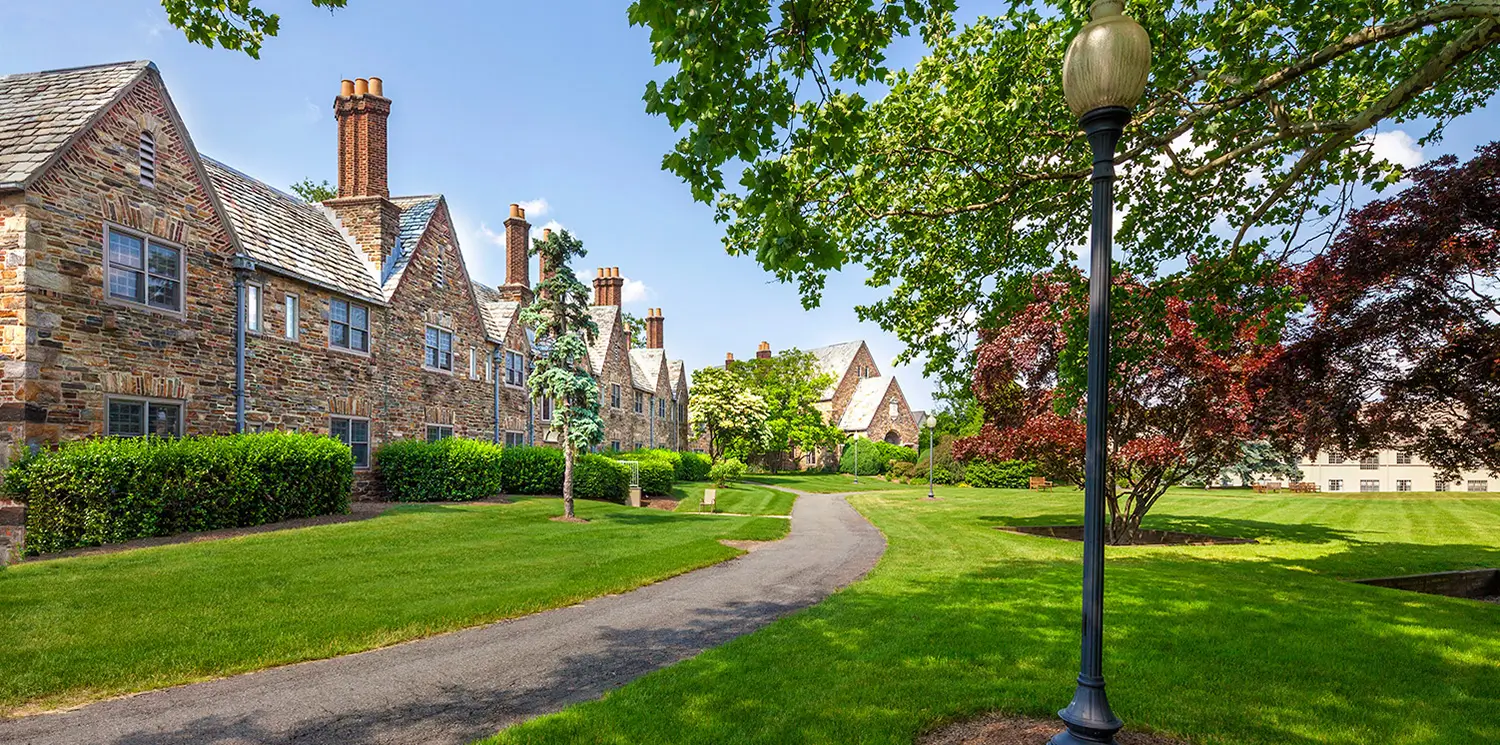The Benefits of Good Sleep Habits for Seniors
October 3, 2024
Sleep is a vital part of overall health, and as you age, the quality and quantity of sleep you get can significantly impact your well-being. Seniors, in particular, may experience sleep disturbances due to various factors, including health conditions, medications, and lifestyle changes. However, by understanding the importance of sleep and implementing healthy sleep habits for seniors, you can improve your quality of life and enjoy better overall health.
The Importance of Sleep for Seniors
Sleep is a fundamental aspect of health at any age, but it becomes even more critical as we grow older. Quality sleep aids in the repair of muscles and tissues, supports your immune system, and helps regulate hormones. For seniors, good sleep can significantly enhance cognitive function, mental health, and physical health.
- Cognitive Function: Sleep is essential for memory consolidation and cognitive function. Studies have shown that a lack of sleep can contribute to memory loss, difficulty concentrating, and even an increased risk of dementia.
- Physical Health: Adequate sleep helps regulate hormones, boosts the immune system, and promotes physical recovery. Poor sleep has been linked to various health problems, including heart disease, high blood pressure, and diabetes.
- Mental Health: Sleep plays a crucial role in emotional well-being. Lack of sleep can contribute to mood disorders, anxiety, and depression.
Cultivating good sleep habits for seniors is not just about comfort – it’s about promoting longevity and quality of life.
Common Sleep Challenges for Seniors
Unfortunately, achieving restful sleep can be challenging for many seniors. A variety of factors contribute to poor sleep habits for seniors, including:
- Insomnia in Seniors: Insomnia is a common issue among older adults with difficulty falling or staying asleep. Underlying health issues, such as chronic pain, medication side effects, or mental health concerns like anxiety and depression, can trigger this condition. According to the National Institute on Aging, insomnia affects nearly half of all older adults, making it one of the most prevalent sleep disorders in this age group.
- Sleep Apnea: Sleep apnea is a common condition where breathing repeatedly stops and starts during sleep. It can lead to fragmented sleep and daytime fatigue. Studies show that obstructive sleep apnea is more common in older adults, especially those with obesity.
- Restless Leg Syndrome (RLS): RLS causes uncomfortable sensations in the legs and an irresistible urge to move them, often disrupting sleep. This condition can worsen with age, particularly in those with certain chronic diseases.
- Circadian Rhythm Changes: As people age, their internal body clock, or circadian rhythm, often shifts. Seniors may wake up earlier or struggle to stay awake in the evening. These changes can lead to fragmented sleep patterns and decreased sleep quality.
Improving Senior Sleep Habits
Improving sleep habits for seniors involves a combination of lifestyle changes and, in some cases, medical interventions. Here are some practical strategies to help seniors achieve better sleep:
- Create a Sleep-Conducive Environment: Ensure your bedroom is dark, quiet, and cool. Invest in comfortable bedding and avoid using electronic devices in bed.
- Stick to a Consistent Sleep Schedule: Try to go to bed and wake up at the same time each day, even on weekends.
- Limit Caffeine and Alcohol: Avoid consuming caffeine and alcohol close to bedtime, as they can interfere with sleep.
- Manage Stress: Practice relaxation techniques like meditation, deep breathing, or yoga to reduce stress and improve sleep quality.
- Regular Exercise: Engage in regular physical activity, but avoid intense workouts close to bedtime.
- Watch Your Diet: A balanced diet can help improve sleep. Avoid heavy meals close to bedtime and limit sugary foods and drinks.
- Consult a Doctor: If you’re experiencing persistent sleep problems, consult a healthcare professional to rule out underlying medical conditions.
Winchester Gardens: Supporting Your Health and Well-Being
At Winchester Gardens, we understand the importance of good sleep and overall wellness for our residents. Our vibrant senior living community offers a low-maintenance lifestyle, allowing you to focus on what truly matters—your health and well-being. With beautifully designed living spaces, peaceful surroundings, and a host of wellness programs, Winchester Gardens is the perfect place to cultivate healthy sleep habits for seniors and enjoy a fulfilling retirement.
Contact us today with any questions or to schedule a tour.




